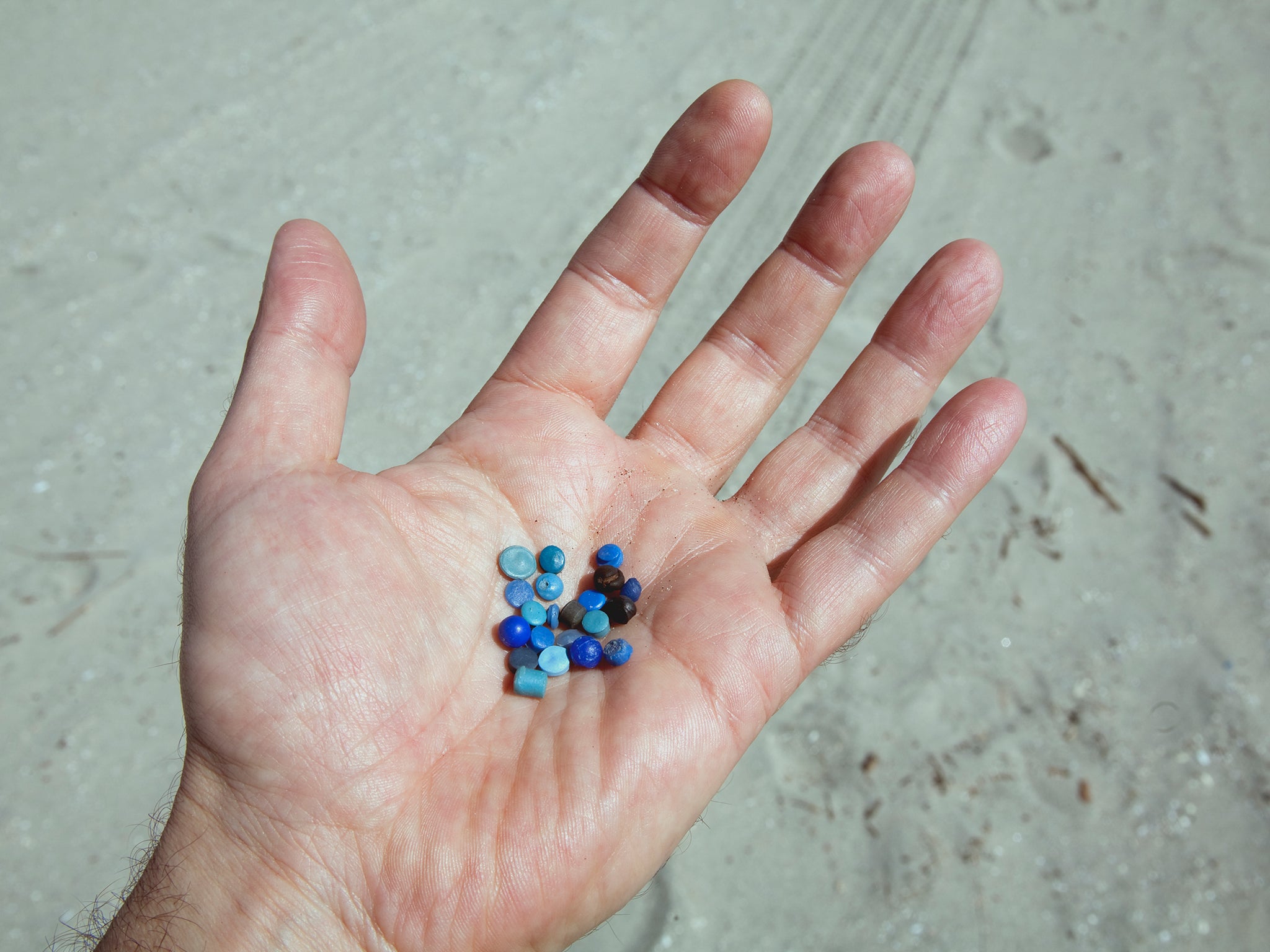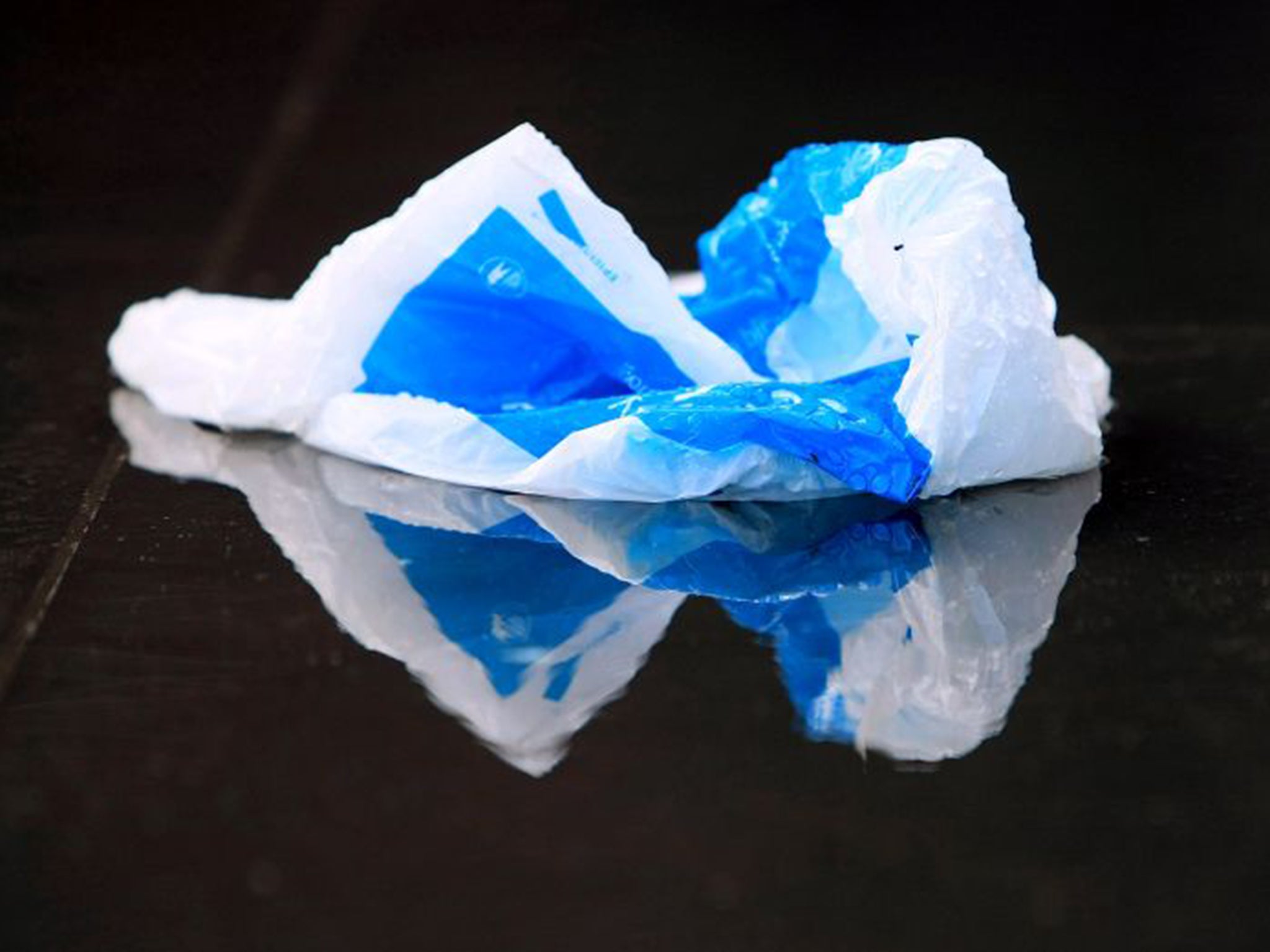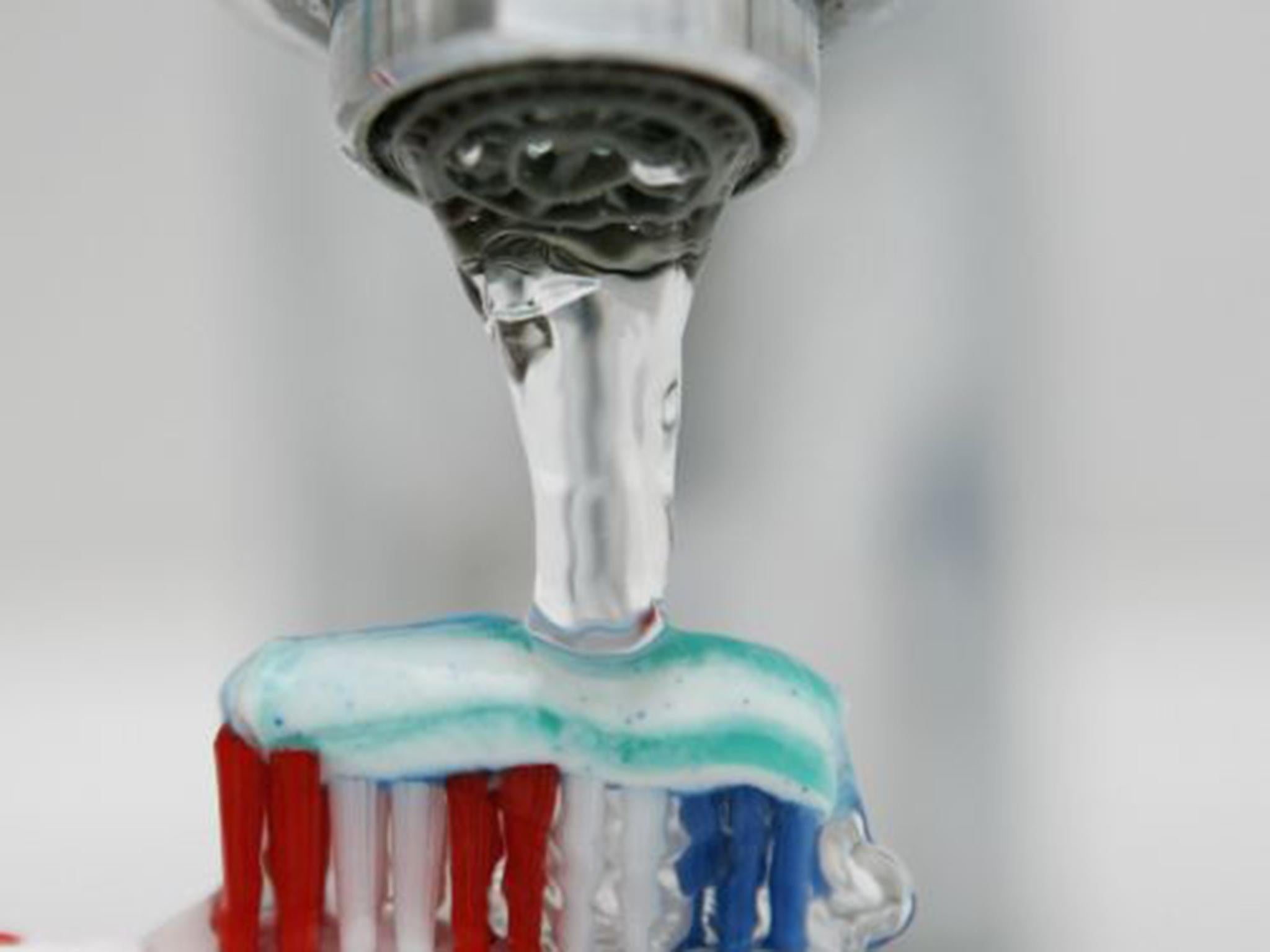British marine wildlife threatened by toxic plastic pellets, study says
Research warns that billions of 'nurdles' escape manufacturing plants and distribution trucks and get washed into rivers

Your support helps us to tell the story
From reproductive rights to climate change to Big Tech, The Independent is on the ground when the story is developing. Whether it's investigating the financials of Elon Musk's pro-Trump PAC or producing our latest documentary, 'The A Word', which shines a light on the American women fighting for reproductive rights, we know how important it is to parse out the facts from the messaging.
At such a critical moment in US history, we need reporters on the ground. Your donation allows us to keep sending journalists to speak to both sides of the story.
The Independent is trusted by Americans across the entire political spectrum. And unlike many other quality news outlets, we choose not to lock Americans out of our reporting and analysis with paywalls. We believe quality journalism should be available to everyone, paid for by those who can afford it.
Your support makes all the difference.Billions of lentil-sized plastic pellets, known as nurdles, are spewing out of Britain’s factories into the environment each year and posing a significant risk to wildlife, according to an alarming study.
Plastic fragments, which come in varying sizes, are the building blocks of industry, delivered to factories in monumental quantities, where they are welded together to make everything from Barbie dolls and smart phones.
However, a huge number of them work their way free from their packaging, escaping from manufacturing plants and distribution trucks into the surrounding area.
Many get washed into rivers and make their way to the sea, where they pose a threat to fish, birds and, potentially, humans, according to the report, which is the first to estimate the number of nurdles spilling into the environment.
Nurdles are a similar size and shape to fish eggs, so they are often mistaken for food by fish. They are also highly absorbent, so they can suck in dangerous chemicals such as DDT insecticide, which can leach out into the fish and potentially pass along the food chain – all the way to the dinner plate, experts warn.

“The sheer volume of nurdles that we appear to be releasing into our oceans is mind-boggling. These tiny plastics are being eaten by aquatic life at all stages of the food chain and are highly toxic,” said Louise Edge, the senior oceans campaigner at Greenpeace. “The potential impacts on human health are as yet unknown, but if we’re eating fish that could have ingested plastic that’s clearly cause for concern.”
Dr Madeleine Berg, of Fidra, the environmental charity that commissioned the research, is also concerned about the dangers posed by nurdles. “Countless pellets already litter UK beaches and unfortunately there is no way to clean them up once at sea,” she said. “Pellet loss is an entirely avoidable source of pollution, so we must make sure no further pellets are released.”
UK factories use 7.3 million tons of plastic each year, most of it made up of tiny pellets between 3mm and 5mm wide and weighing about 20mg each. About 600 nurdles are used to make a small plastic water bottle.
Although only a tiny fraction – less than 0.01 per cent – are thought to escape, so many nurdles pass through the UK’s factories that as many as 53 billion are spilled into the wider environment each year, according to the report by the research group Eunomia. To put that in context: 53 billion nurdles is equivalent to 35 tanker-loads of pellets weighing more than 1,000 tons.

The estimate is based on a review of studies into the extent of pellet loss in other European countries, factoring in the rate of loss in those countries and the number of nurdles used in the UK manufacturing process. It comes after a study last year found that nurdles posed a risk to a key puffin colony on the Isle of May in the Firth of Forth. It found the tiny pellets in the stomachs of many of the birds, adding to the soup of plastic fragments that have become so prevalent in the sea that 9 out of 10 sea birds already have some lodged in their stomachs.

Fidra is calling on plastics companies to get more heavily involved in an initiative by the British Plastics Federation to tackle the nurdle problem. Named Operation Clean Sweep, it is a voluntary scheme that asks companies “to recognise the importance of preventing the loss of resin pellets into the environment ... and strive towards zero pellet loss”.
A spokesman for the British Plastics Federation said: “The loss of pellets into the wider environment is not acceptable and the industry is working with a range of stakeholders to identify the sources of pellets found on some beaches, which could also be from foreign shores or shipping incidents.”
Join our commenting forum
Join thought-provoking conversations, follow other Independent readers and see their replies
Comments